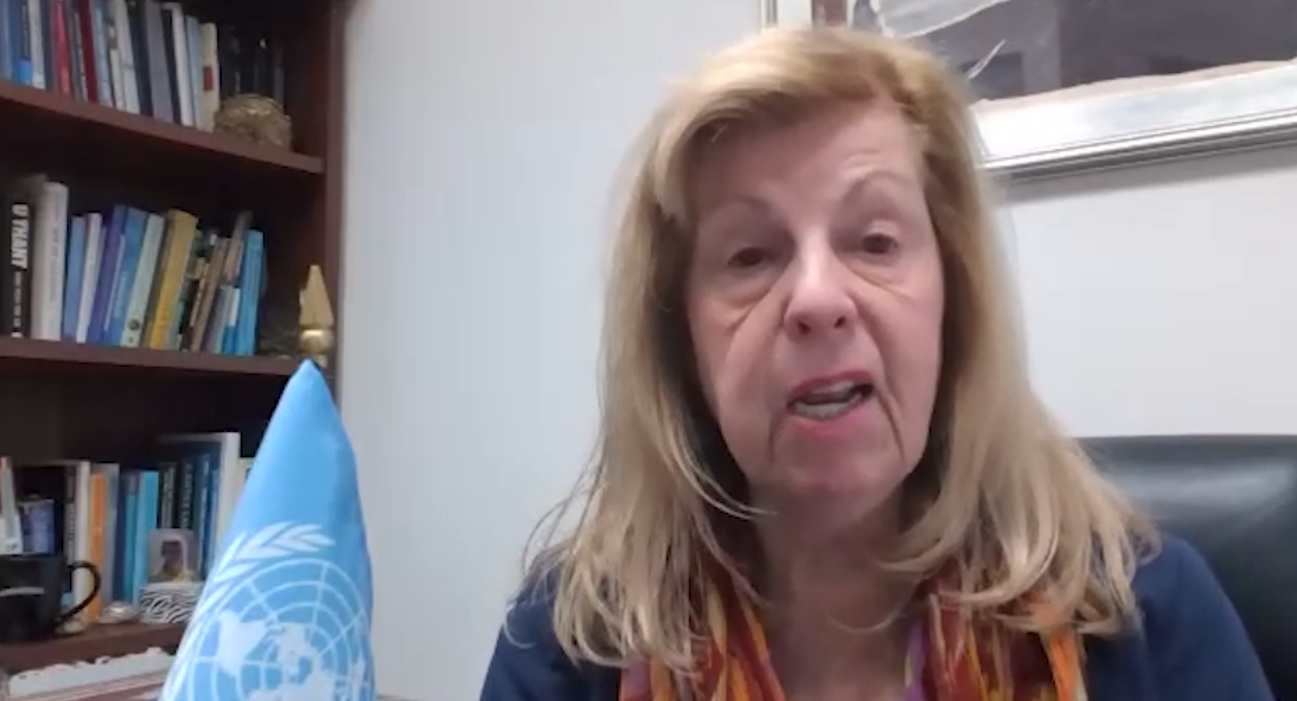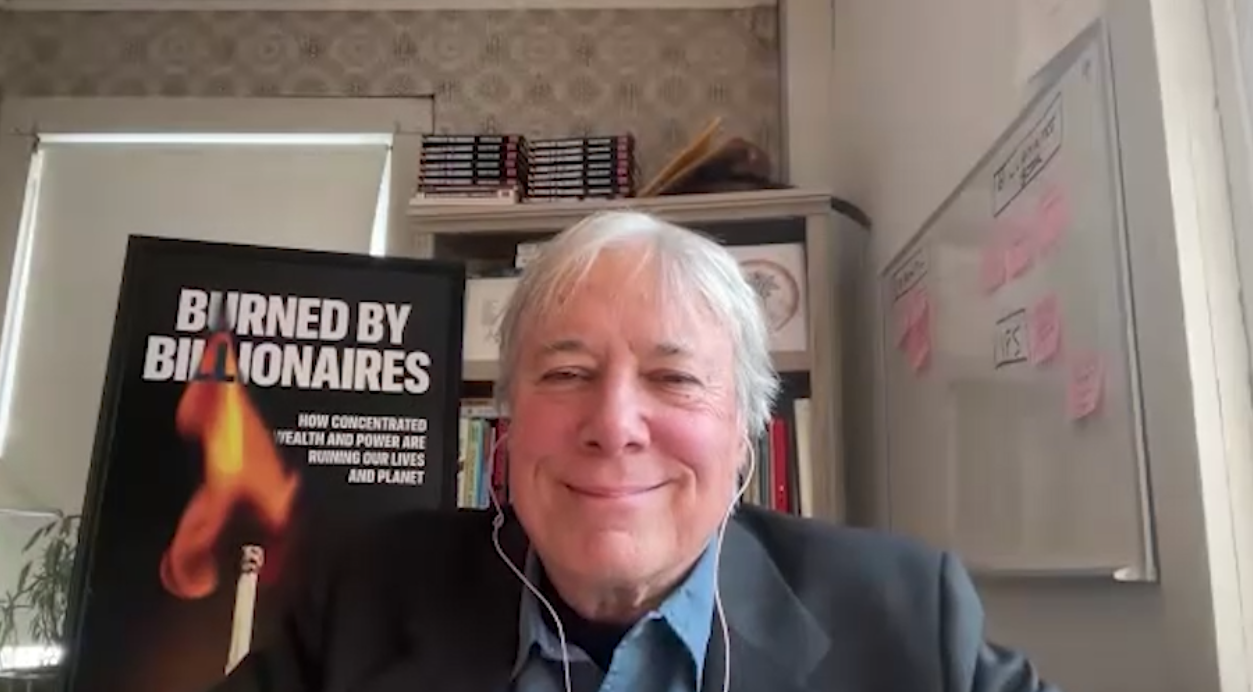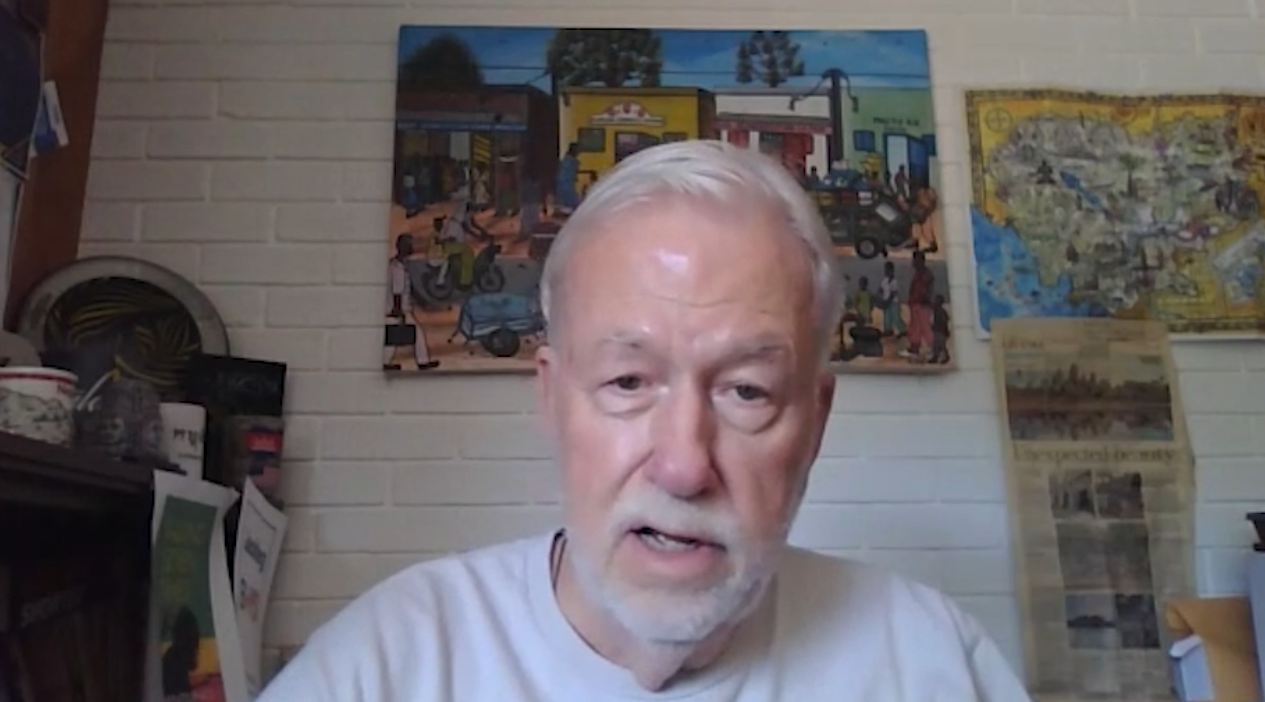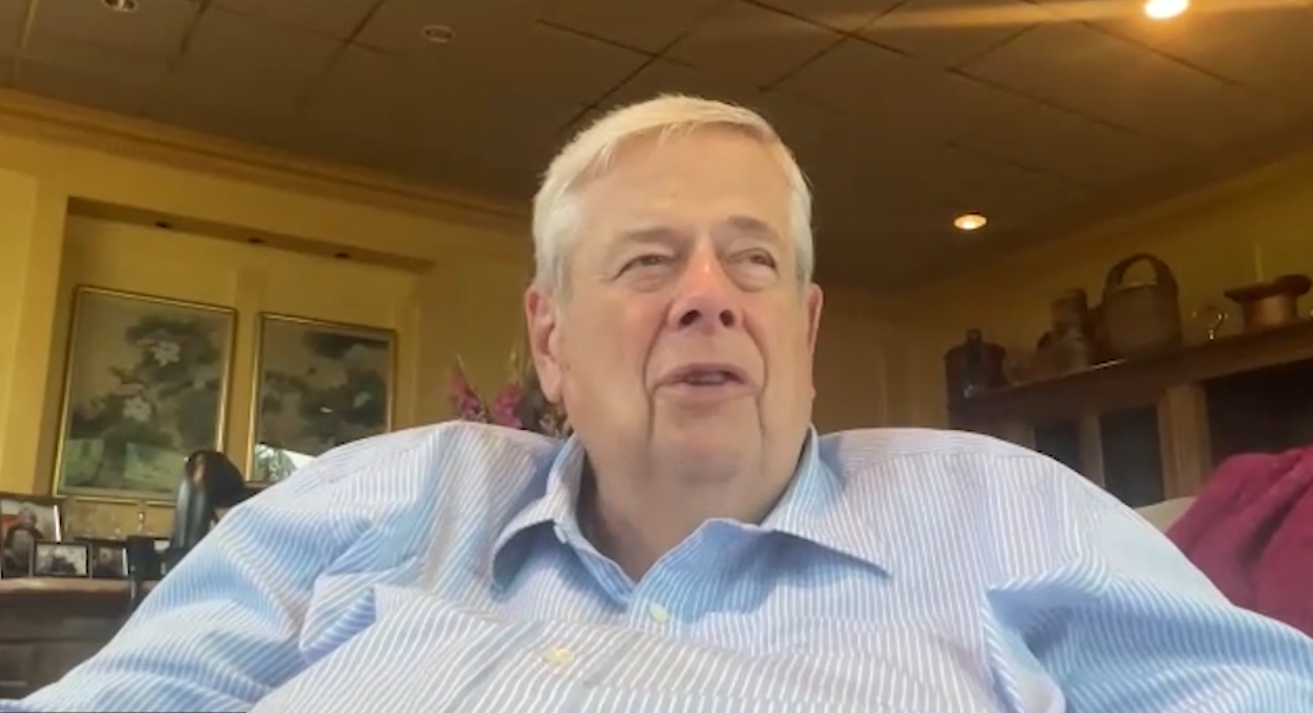Dr. Jean Krasno is in the faculty of the Department of Political Science at the City College of New York and is also a lecturer at Columbia University. The “United Nations: Policy and Practice” is her most recent book. Dr. Krasno was authorized by former UN Secretary-General Kofi Annan to organize his papers for publication. She is now leading a campaign to elect a woman UN Secretary-General. The UN was created in 1945 to eliminate the scourge of war, promote economic and social development, and enhance human rights worldwide. The UN has had nine secretaries-general to lead the organization. Emphasis is on selecting a woman when SG Guterres’s term ends. The next UN SG must be an effective communicator with the 193-member states in the UN General Assembly and the various publics around the world. Most Americans are mostly unaware of how important UN services impact their lives every day.
GCTV explores and covers diverse world issues such as hunger, poverty, security, economic development, energy, world health, migration, war, human rights, tolerance and international trade.




















